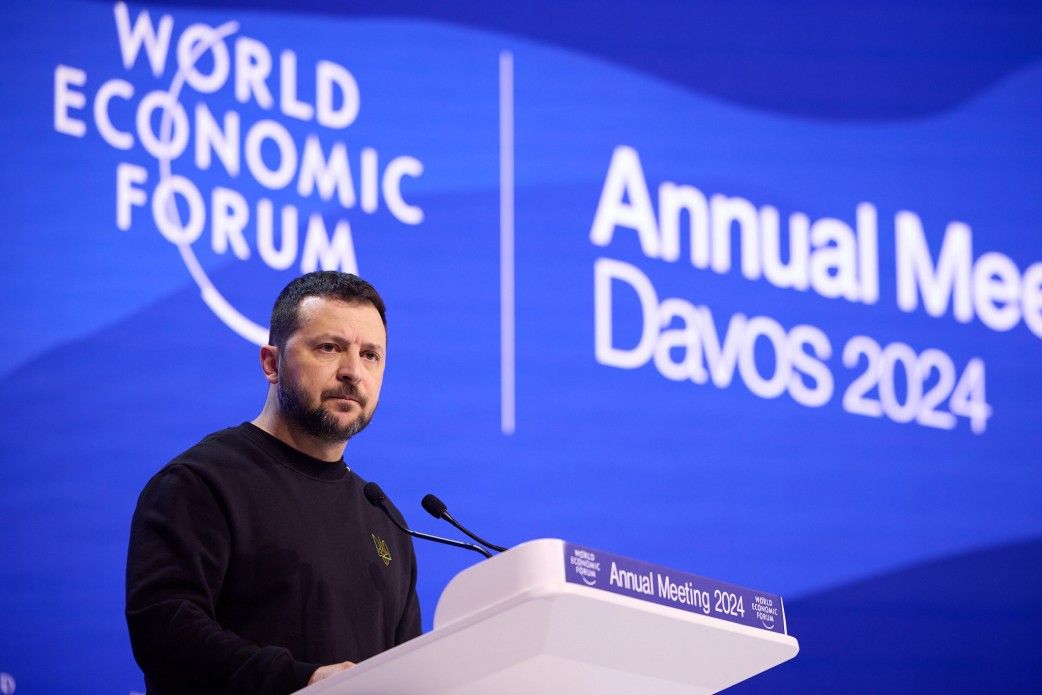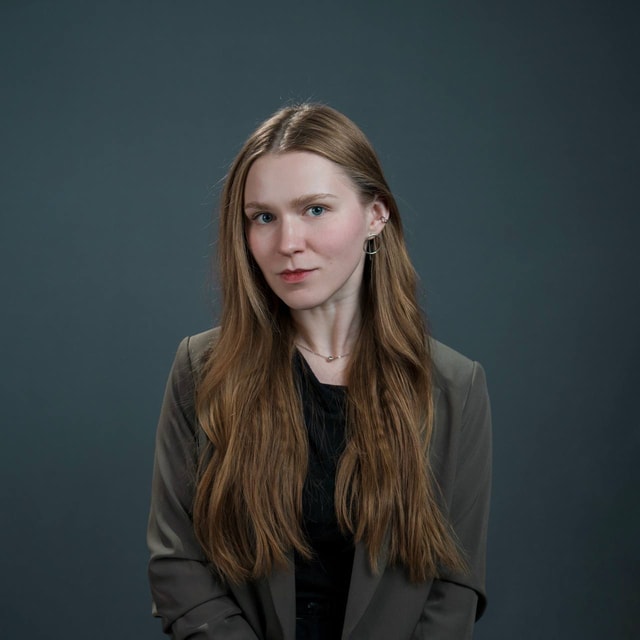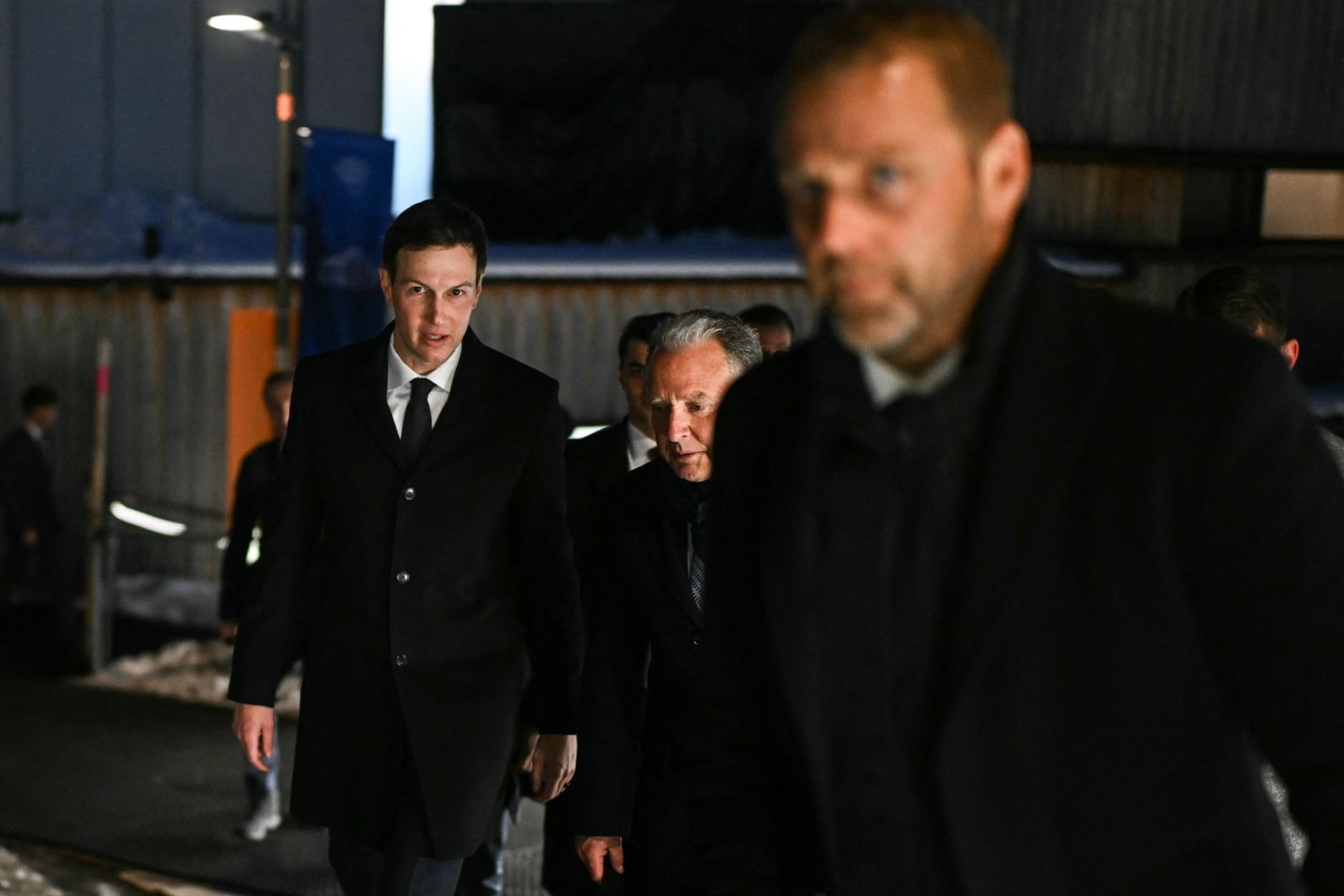Zelensky meets presidents of Singapore, Rwanda for the first time

President Volodymyr Zelensky met with the leaders of Singapore, Tharman Shanmugaratnam, and Rwanda, Paul Kagame, for the first time on the sidelines of the Davos forum on Jan. 16, as well as with Vietnamese Prime Minister Pham Minh Chinh, Zelensky wrote on the social media platform X.
Zelensky held a series of talks as part of his trip, including with U.S. Secretary of State Antony Blinken, NATO Secretary General Jens Stoltenberg, and European Commission President Ursula von der Leyen.
While Ukraine seeks to strengthen relations with African countries, Zelensky said that their “voice is important” for putting Ukraine's peace formula into action, calling participation of Rwanda's representative in the fourth peace formula meeting on Jan. 14 “an important signal.”
“Ukraine has established an embassy in Rwanda and is interested in strengthening ties with the region and exporting agricultural goods,” Zelensky said.
Zelensky urged his Singaporean and Vietnamese counterparts to join Ukraine’s 10-point peace plan, which includes the restoration of the country's territorial integrity, a complete withdrawal of Russian troops from Ukraine, and holding those responsible for war crimes accountable.
“I am grateful to Singapore for its humanitarian assistance to Ukraine, as well as its support for sanctions and UN resolutions,” the president wrote.
Zelensky also said he “thanked Vietnam for its support of Ukraine’s sovereignty and territorial integrity, as well as humanitarian assistance.”
In talks with the Vietnamese prime minister, the two leaders discussed prospects for cooperation in cybersecurity and agriculture. Zelensky mentioned the defense in the Black Sea region, which helps Ukraine remain an agricultural products exporter despite the risks of Russian attacks.
The Ukrainian Navy opened a temporary corridor in August 2023 after the collapse of the Black Sea Grain Initiative earlier on July 17, allowing cargo ships to exit and enter the region's ports.
As of Jan. 8, Ukraine has already exported almost 15 million metric tons of cargo via this route, including 10 million metric tons of agricultural products, according to Infrastructure Minister Oleksandr Kubrakov.












